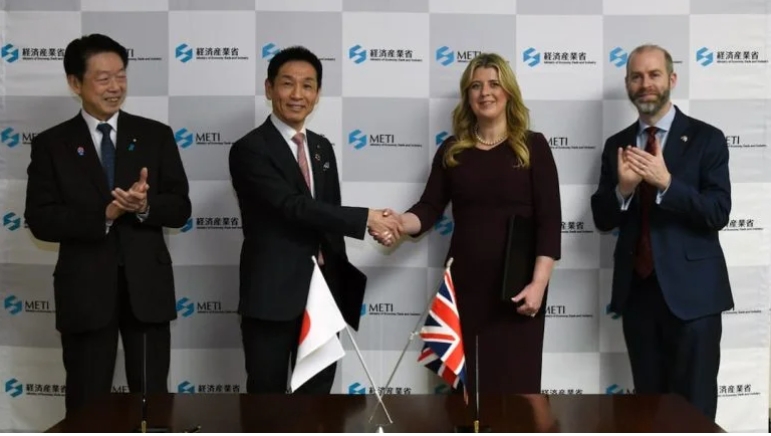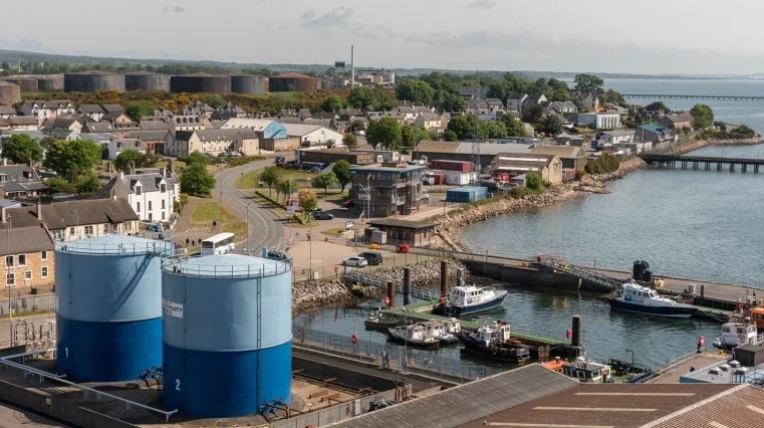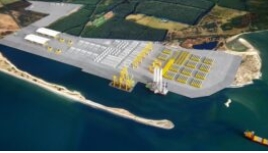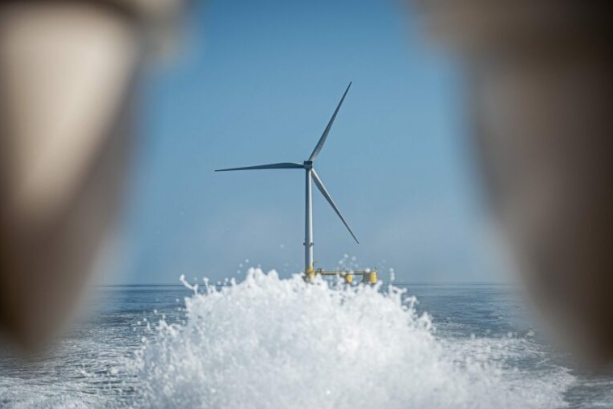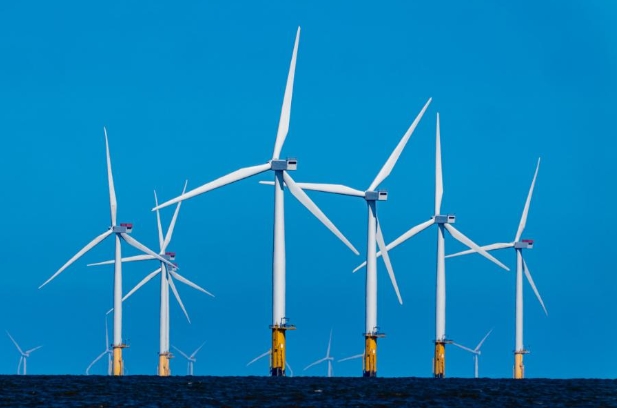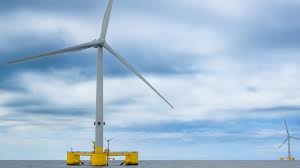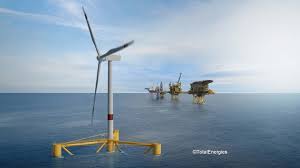Cobra has implemented this offshore wind energy project in Scotland, which is expected to generate up to 218 GWh of clean electricity per year.
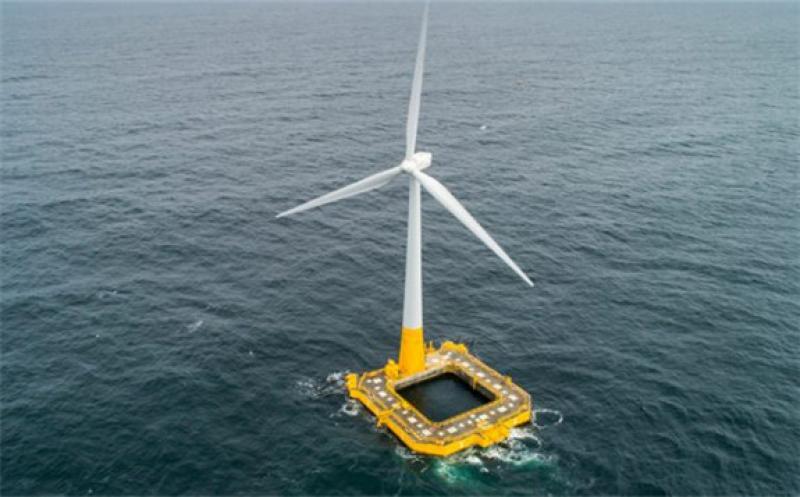
The Kincardine wind power project has come to an end, and it is nothing more and nothing less than the largest floating offshore wind farm in the world. Cobra Wind, a subsidiary of the ACS Group, has completed the installation of this project, located approximately 15 kilometers off the southeast coast of Aberdeenshire, and at water depths ranging between 60 and 80 meters. It is expected to generate up to 218GWh of clean electricity per year, an output that will be enough to power approximately 55,000 Scottish households.
A wholly owned subsidiary of Pilot Offshore Renewables (POR), specifically Kincardine Offshore Wind, has been in charge of developing this floating offshore wind farm, while Cobra Wind has been responsible for the engineering, design, supply, construction and commissioning. of the same. The construction has been carried out according to the standards of the ABS Class classification society.
The five floating turbines are also under the flag of the Republic of the Marshall Islands (RMI), which has been actively involved in this project as they worked closely with ABS to determine the applicable requirements of the International Maritime Organization (IMO). ). It was also able to conduct reviews as it is an RMI Recognized Organization.
Floating wind turbines, the future
Matthew Tremblay, ABS Senior Vice President for Global Offshore, highlighted the potential of floating turbines: “We are confident that they will have an increasingly prominent role to play in the development of sustainable energy around the world.” He also highlighted ABS’s role as a “world leader in classifying floating offshore wind”, stating that “we can use this extensive experience to support the safe development of the floating offshore wind energy industry.”
The floating wind turbines were manufactured in Spain by the Navantia-Windar consortium, and later they were transported to Rotterdam (the Netherlands), where they were mounted on the foundations. The next step was to tow them to the installation site, where ties and cables were attached to their owners. The Dutch company Boskalis took care of the transport and installation.
ACS, USA and Australia
But the good news for the multinational company chaired by Florentino Pérez is not limited to Scotland, and it is that the construction and services group has had a most productive summer, judging by the avalanche of awards made by its subsidiaries. They have established agreements to develop a total of six projects, which reach a global value of 3,006 million.
The largest contract of all has been achieved by the CIMIC subsidiary, which will be part of the largest hospital project in the history of New Zealand, with a total execution budget of around 880 million euros. But there is still more: also in New Zealand, CIMIC has won a contract of 335 million to carry out operations in the New Zealand railway network; and in Australia, the extension of a contract to operate the Mount Pleasant mine in New South Wales has been awarded, for a total amount of 580 million euros.
The ACS affiliate in the United States, Turner, is also in luck, as it has won a 715 million contract to build a medical center for war veterans in the city of Louisville (Kentucky). It will be analyzed that it is ready for the year 2025, and will have 104 beds distributed in 84,500 square meters. Turner has also achieved two other projects in the United States: one has been the award of the expansion of the University of California, for at least 276 million; and the other is intended to make improvements to Interstate 95 in North Carolina for about 200 million euros.
With these new and diverse projects abroad, ACS clings to leadership within the construction world.
Also in Australia and Hong Kong
The subsidiary CIMIC continues to give ACS good news, and recently it has won two new awards, in Australia and Hong Kong. These two new projects will be developed by Leighton Asia, UGL and Broad Construction, subsidiaries of CIMIC. In the case of Hong Kong, the work will be aimed at expanding a data center. Regarding the Australian projects, they will be focused on the manufacture of locomotives, the modification of wireless communications and the design and construction of the Bethesda Clinic, which will have 75 beds, a neurostimulation unit and specialized offices.
